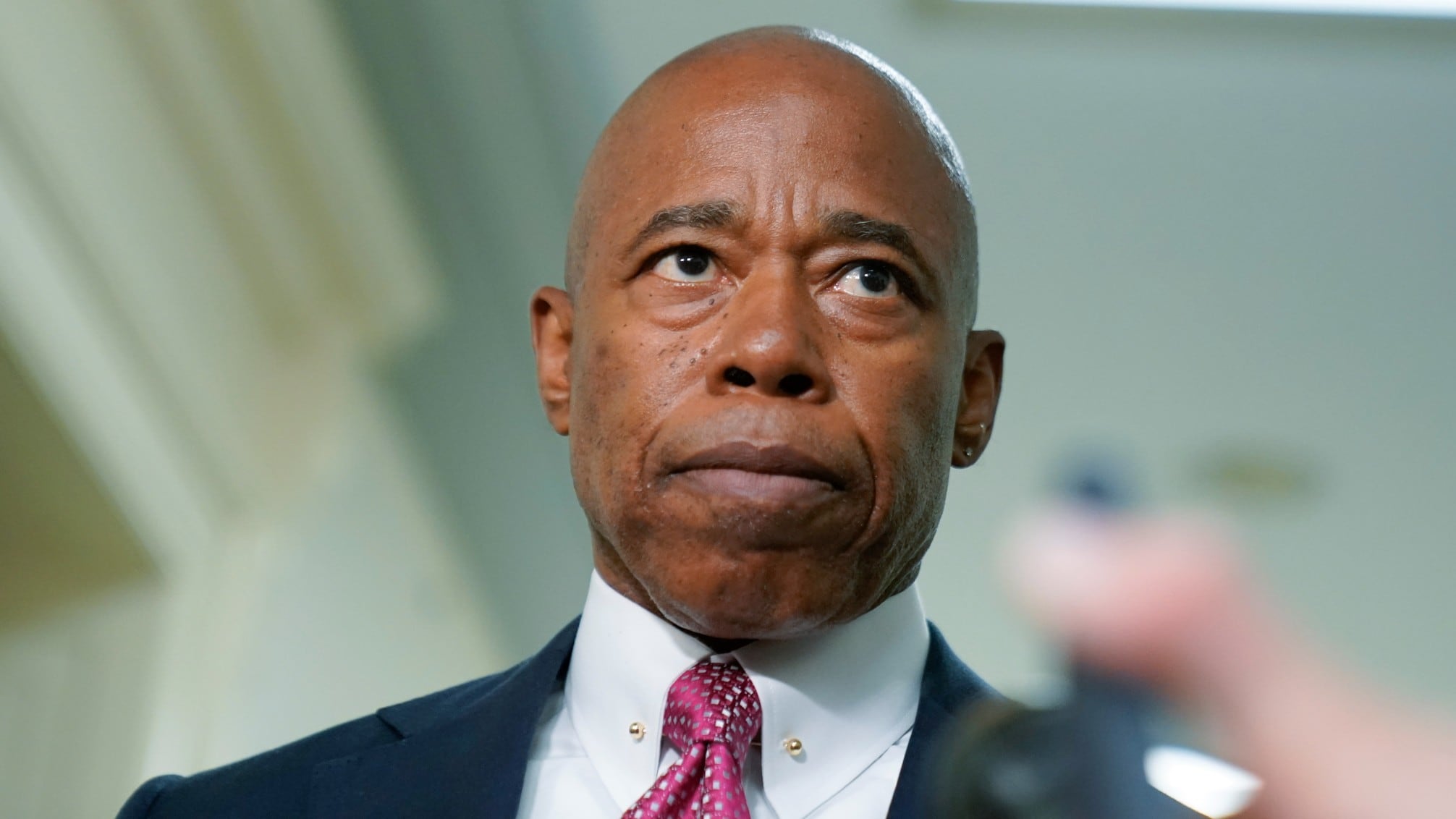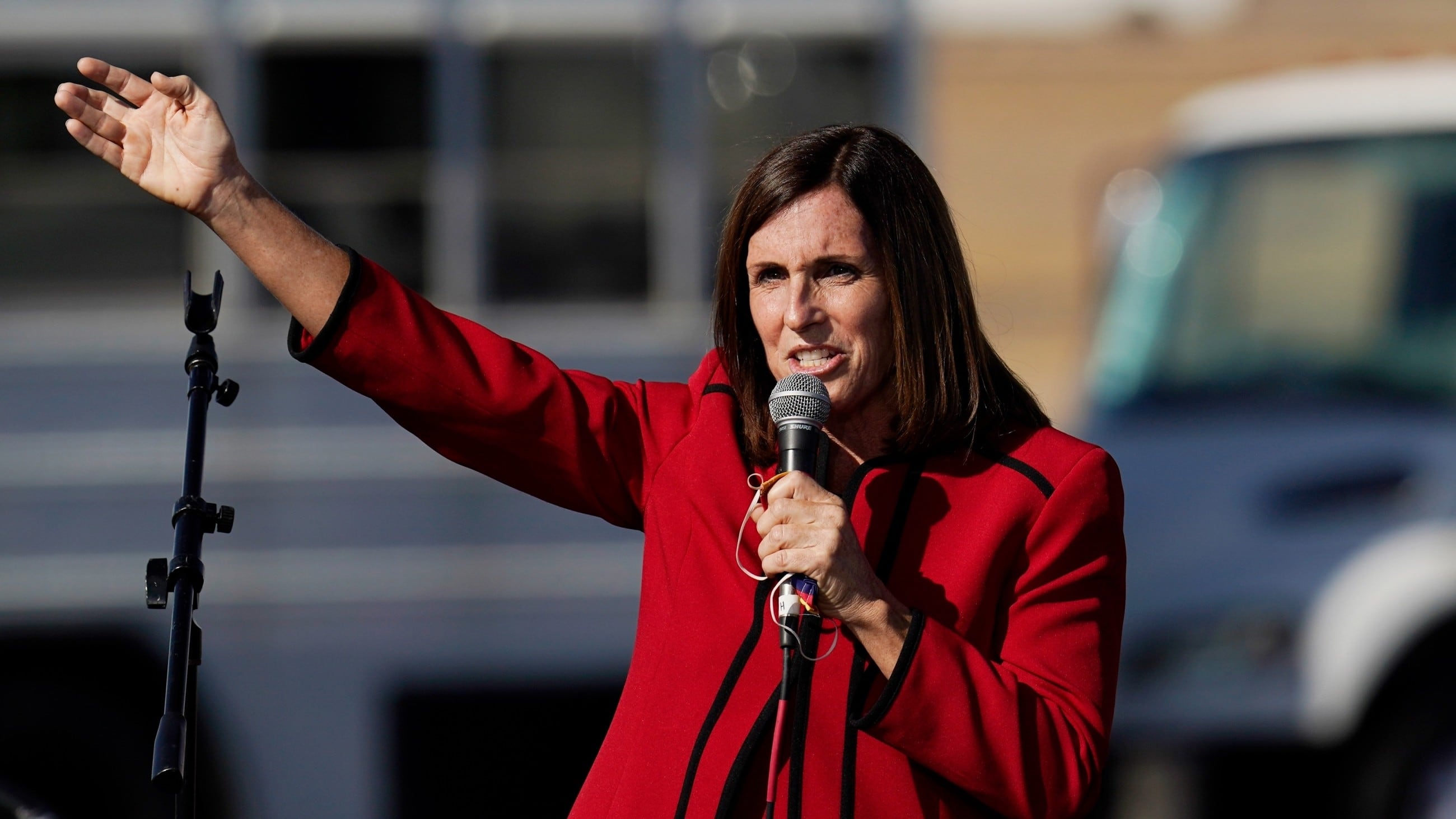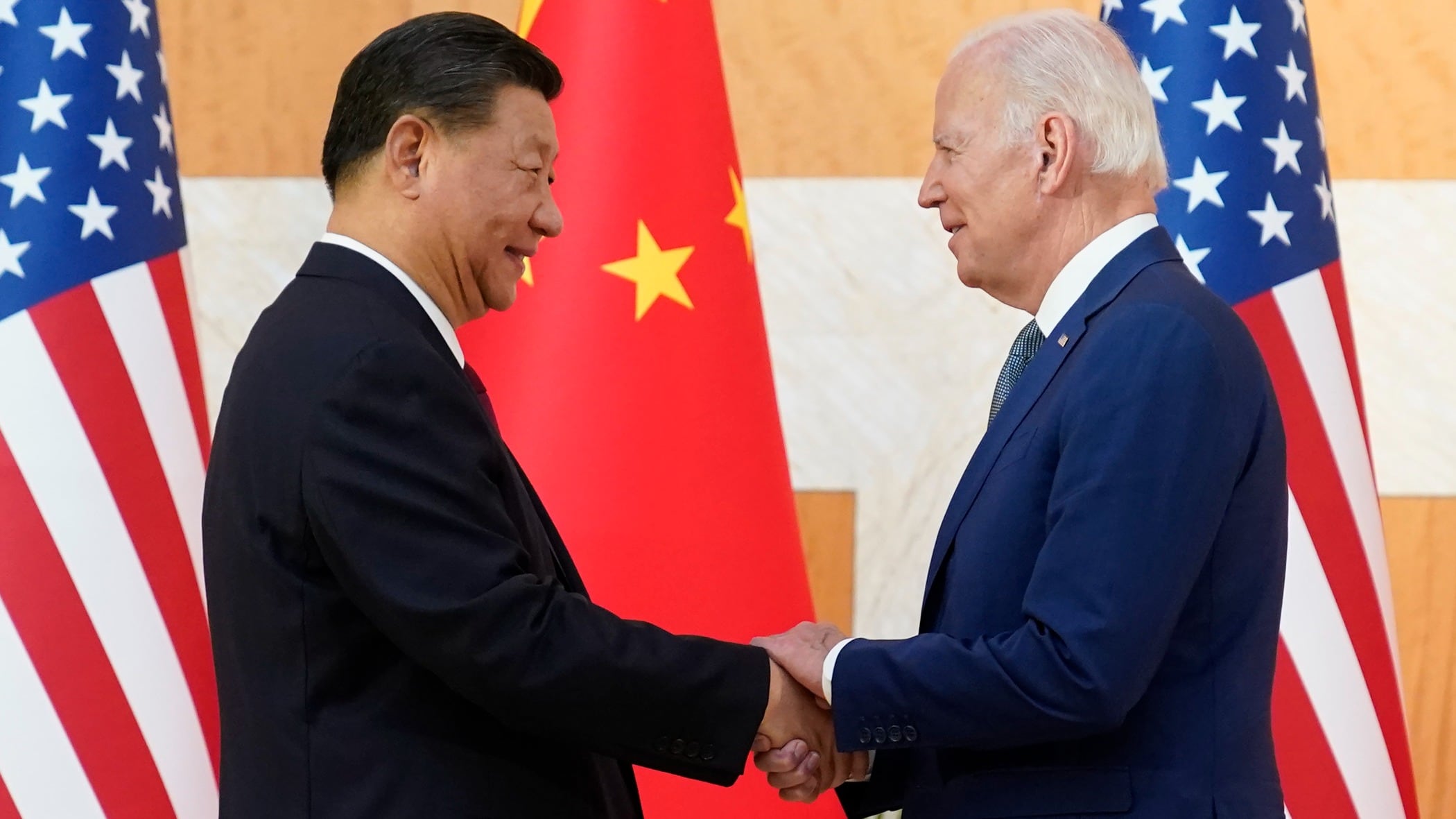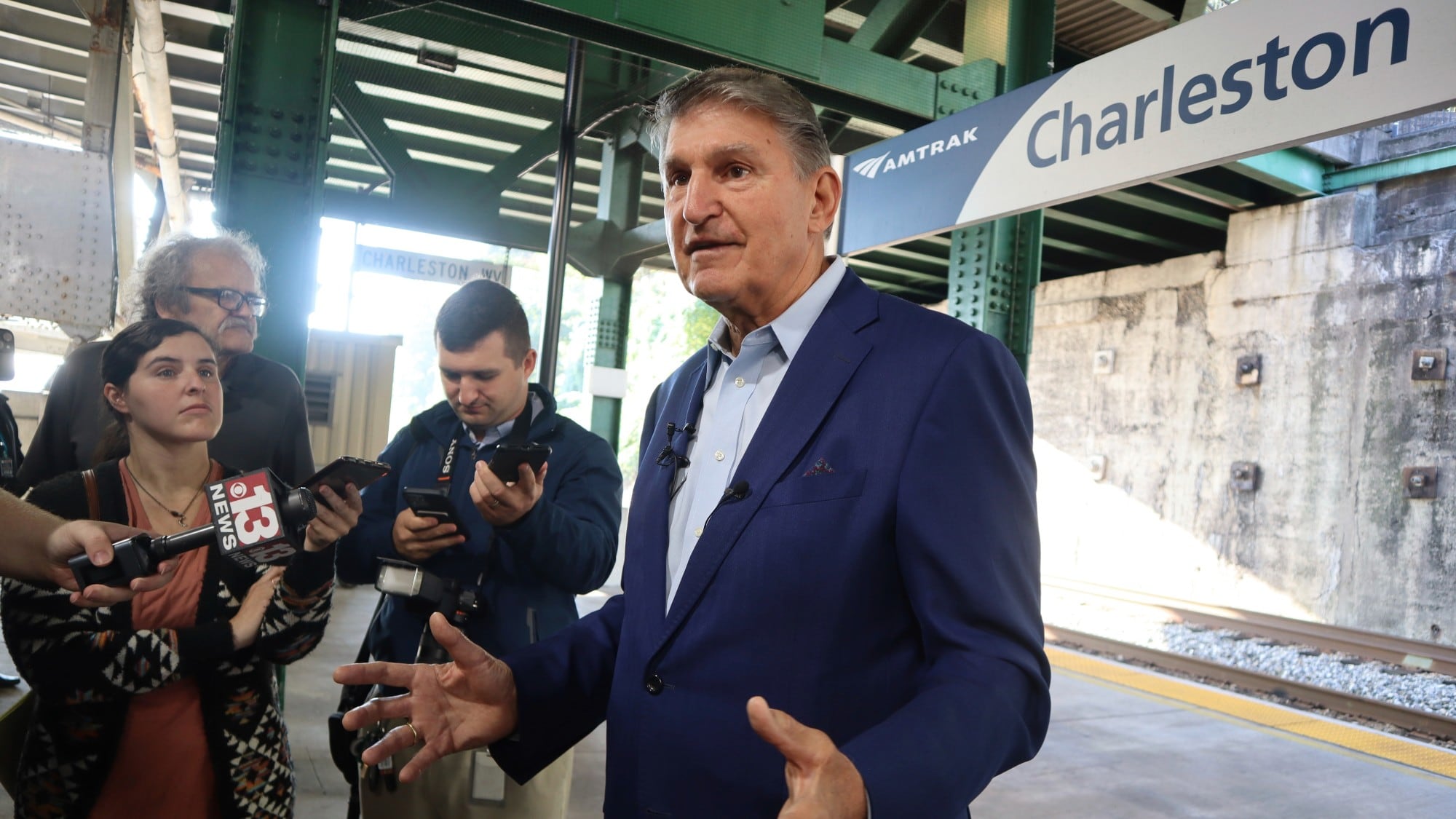By Lindsay Whitehurst and Claudia Lauer
Hunter Biden pleaded not guilty on Tuesday to three federal firearms charges filed after a plea deal imploded, putting the case on track toward a possible trial as the 2024 election looms.
President Joe Biden’s son is facing charges that he lied about his drug use in October 2018 on a form to buy a gun that he kept for about 11 days.
He’s acknowledged struggling with an addiction to crack cocaine during that period, but his lawyers have said he didn’t break the law. Gun charges like these are rare, and an appeals court has found the ban on drug users having guns violates the Second Amendment under new Supreme Court standards.
Hunter Biden’s attorneys are suggesting that prosecutors bowed to pressure by Republicans who have insisted the Democratic president’s son got a sweetheart deal, and that the charges were the result of political pressure.
He was indicted after the implosion this summer of his plea agreement with federal prosecutors on tax and gun charges. The deal devolved after the judge who was supposed to sign off on the agreement instead raised a series of questions about the deal. Federal prosecutors had been looking into his business dealings for five years, and the agreement would have dispensed with criminal proceedings before his father was actively campaigning for president in 2024.
Now, a special counsel has been appointed to handle the case, and there appears no easy end in sight. No new tax charges have yet been filed, but the special counsel has indicated they could come in Washington or in California, where Hunter Biden lives.
In Congress, House Republicans are seeking to link Hunter Biden’s dealings to his father’s through an impeachment inquiry. Republicans have been investigating Hunter Biden for years, since his father was Barack Obama’s vice president. While questions have arisen about the ethics surrounding the Biden family’s international business, no evidence has emerged so far to prove that Joe Biden, in his current or previous office, abused his role or accepted bribes.
The legal wrangling could spill into 2024, with Republicans eager to divert attention from the multiple criminal indictments faced by GOP primary front-runner Donald Trump, whose trials could be unfolding at the same time.
After remaining silent for years, Hunter Biden has taken a more aggressive legal stance in recent weeks, filing a series of lawsuits over the dissemination of personal information purportedly from his laptop and his tax data by whistleblower IRS agents who testified before Congress as part of the GOP probe.
The president’s son, who has not held public office, is charged with two counts of making false statements and one count of illegal gun possession, punishable by up to 25 years in prison upon conviction. Under the failed deal, he would have pleaded guilty and served probation rather than jail time on misdemeanor tax charges and avoided prosecution on a gun count if he stayed out of trouble for two years.
Defense attorneys have argued that he remains protected by an immunity provision that was part of the scuttled plea agreement, but prosecutors overseen by special counsel David Weiss disagree. Weiss also serves as U.S. attorney for Delaware and was originally appointed by Trump.
Hunter Biden had asked for Tuesday’s hearing to be conducted remotely over video feed, but U.S. Magistrate Judge Christopher Burke sided with prosecutors, saying there would be no “special treatment.”
AP video journalist Tassanee Vejpongsa contributed to this report.












